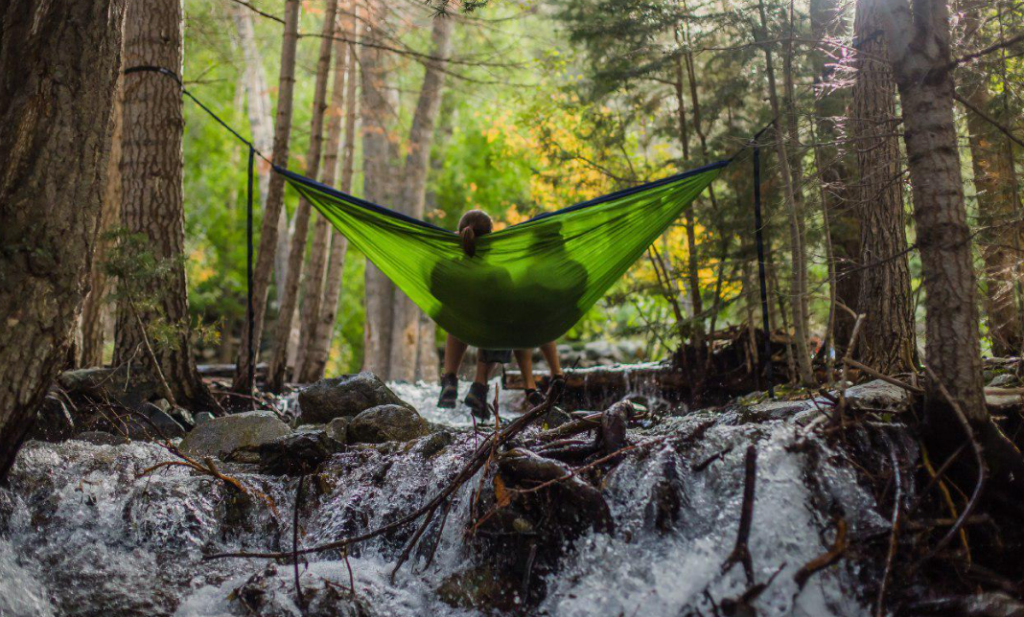Why Zero Waste Camping?
Camping is more than just a getaway—it’s a chance to reconnect with nature. Yet, the popularity of outdoor adventures has led to increased environmental strain, from overflowing waste bins to damaged ecosystems. Zero waste camping is not just a trend; it’s a responsibility for anyone who loves the outdoors. By minimizing your footprint, you help preserve natural beauty for future generations.
Traditional camping often relies on disposable products and single-use plastics, which contribute to pollution and harm wildlife. Adopting a zero waste mindset means rethinking every aspect of your trip—from packing and cooking to cleaning up and leaving no trace behind.
Environmental Impact of Camping
The environmental footprint of camping is significant. According to recent studies, campsites generate thousands of tons of waste annually, much of which is non-biodegradable. Common culprits include plastic bottles, food packaging, and discarded gear. This waste not only mars the landscape but also endangers wildlife and disrupts delicate ecosystems.
| Waste Type | Annual Volume (Estimated) | Environmental Impact |
|---|---|---|
| Plastic Waste | 25,000 tons | Pollutes soil and water, harms animals |
| Food Waste | 20,000 tons | Attracts pests, disrupts natural habitats |
| Discarded Gear | 5,000 tons | Non-biodegradable, long-term pollution |
Eco-Friendly Gear Choices
Choosing sustainable gear is the first step toward zero waste camping. Opt for durable, reusable items over disposable alternatives. Here are some essential eco-friendly choices:
- Reusable Water Bottles & Utensils: Stainless steel or bamboo options eliminate the need for single-use plastics.
- Biodegradable Soap & Toiletries: Products that break down naturally reduce water pollution.
- Solar-Powered Chargers & LED Lanterns: Harness renewable energy to power your devices and lighting.
- Cloth Bags & Beeswax Wraps: Replace plastic bags and cling film with reusable alternatives.
Investing in high-quality, long-lasting gear not only reduces waste but also saves money in the long run. Consider buying second-hand equipment or renting gear to further minimize your environmental impact.
Waste Reduction Strategies
Reducing waste starts before you even leave home. Plan meals carefully to avoid excess food, and pack ingredients in reusable containers. At the campsite, sort your trash and recycle whenever possible. Here are some practical tips:
- Meal Planning: Calculate portions to minimize leftovers and food waste.
- Composting: Bring a small compost bin for food scraps, or take them home if composting is not available onsite.
- Recycling: Separate recyclables from trash and dispose of them properly.
- Leave No Trace: Pack out all trash, including micro-waste like bottle caps and wrappers.
By adopting these habits, you can significantly reduce the amount of waste generated during your camping trip.
Energy & Resource Management
Conserving energy and resources is key to sustainable camping. Use solar-powered devices to charge electronics and light your campsite. Limit water usage by taking shorter showers and using biodegradable soaps. Avoid campfires unless they are permitted and use established fire rings to prevent soil damage and wildfires.
Consider the following best practices:
- Solar Power: Use solar panels or portable solar chargers for devices.
- Water Conservation: Collect rainwater for washing and use water sparingly.
- Responsible Fire Use: Follow local regulations and use fire responsibly.
Expert Insights
We spoke with environmental experts and seasoned campers to gather their top tips for zero waste camping:
“The most effective way to reduce waste is to plan ahead. Bring only what you need, and always pack out what you bring in. Small changes, like using a reusable coffee filter or cloth napkins, can make a big difference over time.” — Dr. Jane Green, Environmental Scientist
“Invest in quality gear that lasts. It’s better for the environment and your wallet. And don’t forget to share your experiences with others—leading by example is powerful.” — Alex Woods, Outdoor Guide
Real-World Examples
Here are some inspiring examples of zero waste camping in action:
- Family Adventure: A family of four camped for a week using only reusable containers, solar-powered lights, and compostable toiletries. They produced less than one pound of waste.
- Group Retreat: A group of friends organized a zero waste camping trip, sharing gear and meals to minimize waste. They collected and recycled all their trash, leaving the site cleaner than they found it.
- Solo Explorer: A solo camper used a portable water filter and solar charger, eliminating the need for bottled water and disposable batteries.
Pro Tips for Greener Camping
Ready to take your camping game to the next level? Try these advanced tips for an even greener adventure:
- Volunteer for Cleanups: Join or organize a campsite cleanup to give back to nature.
- Educate Others: Share your zero waste practices with fellow campers and inspire them to join the movement.
- Support Eco-Friendly Brands: Choose products from companies committed to sustainability.
- Track Your Impact: Keep a log of your waste and resource use to identify areas for improvement.
Recommended Resources
Explore these resources to deepen your knowledge and connect with the zero waste camping community:
- Leave No Trace Center for Outdoor Ethics: Guidelines for minimizing your impact on the environment.
- Zero Waste Home: Tips and inspiration for reducing waste in all aspects of life.
- National Park Service: Information on sustainable camping practices in national parks.
- Eco-Camping Blogs & Forums: Connect with like-minded campers and share your experiences.

